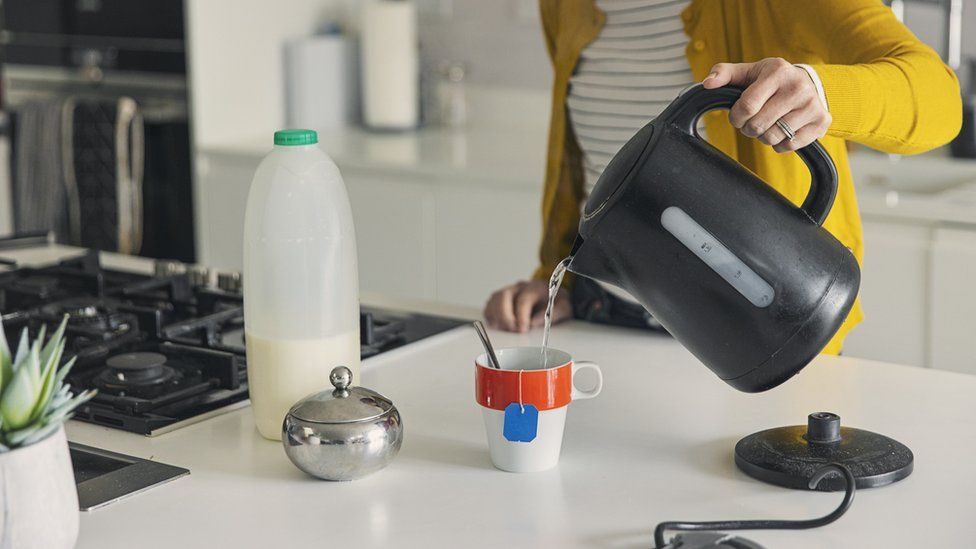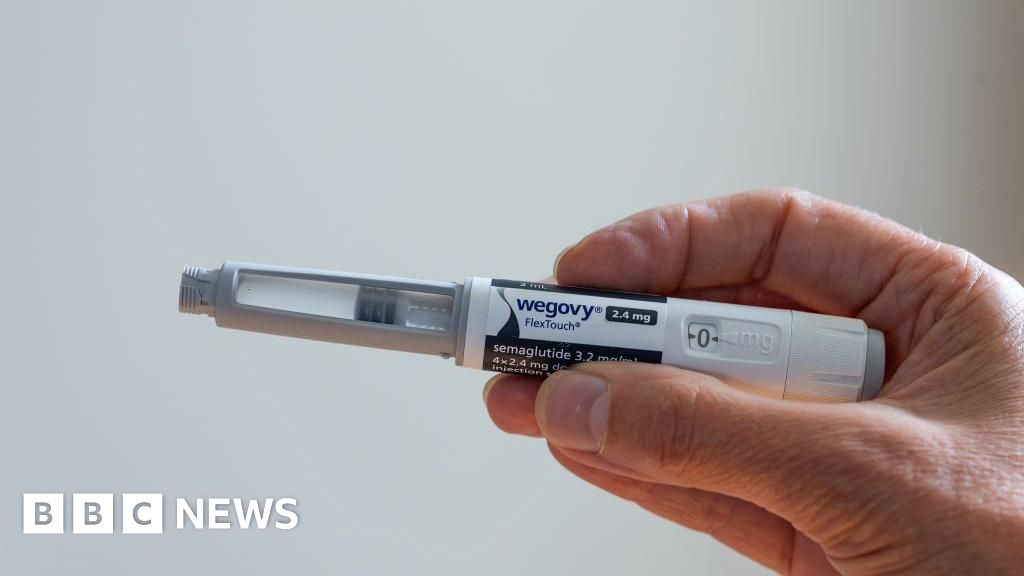ARTICLE AD BOX
 Image source, Getty Images
Image source, Getty Images
By Lucy Hooker
Business reporter, BBC News
Some people will be able to earn money for cutting back on the electricity they use, on Monday and Tuesday evening.
It is part of a scheme aimed at reducing demand during peak hours to avoid blackouts.
What is the energy saving scheme?
Officially called the Demand Flexibility Service, it will see energy suppliers pay customers a small bonus if they use less electricity than usual, at a particular time.
For example, people could save energy by opting to use the microwave instead of the oven, or not using the washing machine until later.
On Monday, the scheme will run between 17:00 and 18:00 GMT and again on Tuesday from 16:30 to 18:00 GMT.
Who can take part?
You must have an electricity smart meter installed and your electricity provider has to offer the scheme.
Most suppliers, 26 in all, have signed up. You can check whether your supplier is taking part here.
Some customers have already been invited to take part, but you can contact your supplier and ask to sign up to the scheme.
Energy firms have different criteria for who can sign up and exactly how much they pay for saving energy.
When is the Demand Flexibility Service running?
Your supplier will let you know by text or email whenever there is a savings session coming up the following day.
The session will usually be between 16:00 and 19:00 GMT, because that is when demand is highest.
The first savings session on Monday is one hour long but Tuesday's is one and a half hours, and others could be longer.
When it was first announced, the scheme was set to run until March, with up to 12 days where the saving plan would be offered.
The National Grid says the response from households taking part during 10 test days was stronger than it had expected.
How much of a discount can I get?
Because the scheme is run by individual electricity supply firms, details of how much you will be paid for saving energy vary.
Some suppliers say you have to reach a certain threshold - cutting back by at least 30% for example. But others say they will pay anyone who makes savings, however small.
Suppliers are being paid between £3 and £6 for every unit of electricity - or kilowatt hour - that is saved, according to the National Grid.
Suppliers can choose how much of that to pass on to customers. If you are with Octopus Energy for example you will get £3.37 for every kilowatt hour you save compared to your usual consumption. EDF will pay customers £3 for every unit of energy saved.
Even if you boil a whole kettle full of water you will only use a fraction of a kilowatt hour. So you would be paid in the region of 20p to 40p for skipping a round of tea depending on how much water you heat, the power of your appliance, and how big a reward your supplier is paying out.
But if you usually run your 2.5kw tumble dryer for an hour, Octopus would pay you more than £8, just for delaying that load until later in the evening.
So, not using energy-hungry appliances like tumble dryers, washing machines, dishwashers, electric ovens, electric showers and immersion heaters could make a noticeable difference. However, switching off lights, or the TV off standby mode, will earn you very little.
For many people, the reward each time the scheme runs is likely to be just a few pounds. However, National Grid says heavy electricity users could earn as much as £20 by cutting back.
Why is National Grid running this scheme?
The scheme aims to ease pressure on the National Grid by reducing demand for energy.
This week has been very cold and very still.
So, while people are using more energy to keep warm, the UK has less electricity available from wind power.
National grid says there is no real risk of blackouts and coal-fired power stations are on standby if more power generation needs to be added.
But it would be better for the environment and in cost terms, if demand could be spread instead.

 2 years ago
48
2 years ago
48








 English (US) ·
English (US) ·